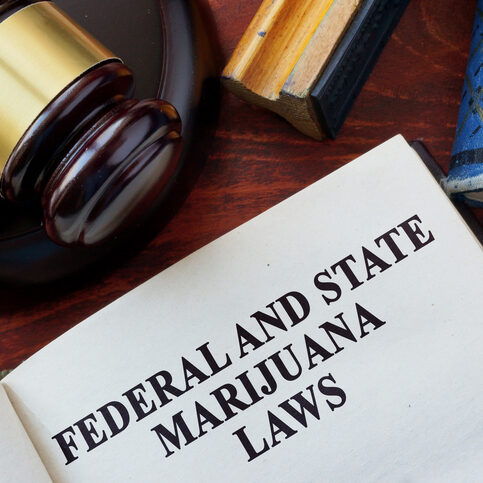Insights < BACK TO ALL INSIGHTS
Marijuana May Be Headed for a Showdown Out West
Marijuana May Be Headed for a Showdown Out West
By: Steven Eichorn
Today, Attorney General Jeff Sessions issued a one-page memo to all U.S. Attorneys that announced a sharp reversal on the DOJ’s approach to marijuana prosecutions. Under the Obama administration, the DOJ issued a memorandum in 2013 (the “Cole memo”) that basically provided a safe harbor to the marijuana industry in states that legalized recreational marijuana. The Cole memo allowed the recreational marijuana industry to thrive because it fundamentally created a no-prosecution policy in states that legalized recreational marijuana, unless they were marijuana crimes related to children, gang-related activity, and other limited exceptions.
In 2013, Colorado and Washington were the first states to legalize recreational marijuana and it should increase to at least eight states and DC by the end of this year. In Colorado alone, the recreational marijuana industry accounts for over $1B in marijuana sales and has led to a growth of affiliated service businesses. People opened huge warehouses to grow marijuana in previously dilapidated areas and companies quickly developed marijuana-infused products, such as edibles and drinks.
Today’s memorandum notes the cultivation, distribution, and possession of marijuana remains illegal under federal law and it instructs federal prosecutors to “weigh all relevant considerations” for prosecution of marijuana offenses. This memorandum re-introduces uncertainty into the recreational marijuana industry because both businesses and individuals can no longer comfortably rely on the state’s legalization of recreational marijuana to provide cover from any potential federal prosecution. Federal prosecutors are again free to prosecute marijuana-related crimes in their discretion.
Importantly, today’s memo did not contain new guidance or instruct federal prosecutors to prioritize marijuana prosecutions. Rather, it only eliminates the perceived safe harbor created by the Cole memo and leaves the decision of actually prosecuting to individual federal prosecutors. Thus, it is difficult to see that a local federal prosecutor would choose to litigate marijuana violations when the state law permits it.
However, even in the absence of additional prosecutions, today’s memo has serious ramifications because it is likely to mean the loss of critical investment funds to grow the recreational marijuana industry. Investors bankrolling the recreational marijuana industry can no longer be sure their funds are invested safely because they are now subject to seizure at any given moment by a federal prosecutor. Further, marijuana companies would again face issues accessing the federal banking system because they would be viewed as engaged in illegal activities (today’s memo also withdrew a prior memo that enabled banks to provide banking services to marijuana companies).
Finally, a very likely outcome of today’s action is that state attorney generals (from states that have legalized recreational marijuana) are likely to challenge the federal reach of prohibiting marijuana into the private matters of a state, and, whether each state can act as a sovereign entity to regulate marijuana within its borders. For instance, California legalized recreational marijuana as of January 1 and its Democratic AG would be a prime candidate to lead a challenge to the Trump administration.





